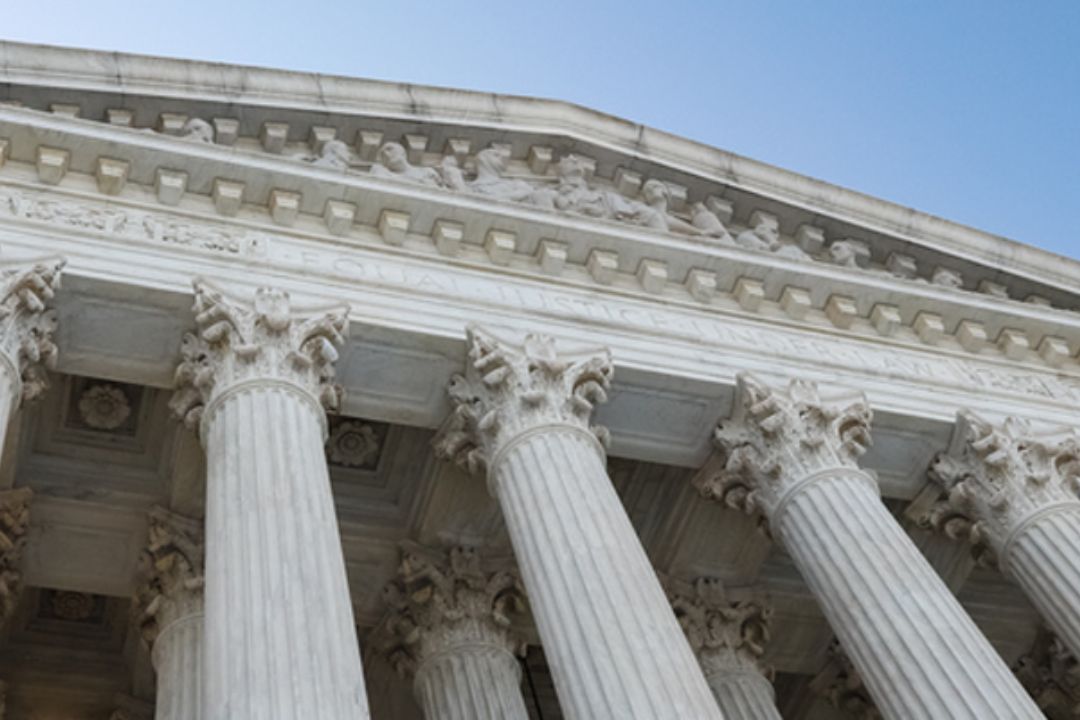GW Law Clinical Program’s new Administrative Law Issues and Appeals (ALIA) Clinic, directed by Dean Aram Gavoor, debuted during the Fall 2024 semester, and topically aligns with issues and appeals practices at large law firms and sophisticated non-governmental organizations in a way that leverages the Law School’s DC-infused education.
ALIA Clinic student-attorneys engage with cutting-edge, nationally-significant legal issues, and combine practical legal training with a broad array of topical issues, from federal administrative and constitutional law cases to emerging fields like international law, artificial intelligence, and cybersecurity. The ALIA Clinic’s matters can engage at the federal appellate courts, including the US Supreme Court, and federal agencies in their regulatory functions.
Emphasizing the importance of “Goldilocks cases,” Gavoor aims to provide students with valuable experience while avoiding issues that could lead to excessive polarization or business conflicts with other practice areas within GW’s Clinical Program.
The ALIA Clinic’s first work-product was an amicus brief in the U.S. Court of Appeals for the First Circuit in Boniface v. Viliena, 24-1411 (1st Cir), in support of victims and a survivor family member of a Torture Victim Protection Act violator who was found liable for $15.5 million in damages by a Massachusetts federal district court jury for murdering the brother of one plaintiff and for beating and shooting the other two plaintiffs while serving as a town mayor in Haiti. The brief argues that the Torture Victim Protection Act confers federal court jurisdiction in conjunction with federal question statute, that the statute is within the scope of Congress’s constitutional authority to legislate, and that the case is within the scope of the statute.
Embracing the tradition of representing clients in its work, ALIA represented GW Law School professor William S. Dodge, Fordham Law School professor Andrew Kent, Yale Law School professor Harold Hongju Koh, GW Law School emeritus professor Ralph G. Steinhardt, and Rutgers Law School professor Beth Stephens in the Boniface amicus brief.
The ALIA Clinic anticipates completing and publicizing additional projects at an appropriate time, including a forthcoming amicus brief before the U.S. Court of Appeals for the Seventh Circuit. With a flexible, adaptive model, Gavoor plans to expand these opportunities to help students build strong legal foundations and enhance their career prospects.


